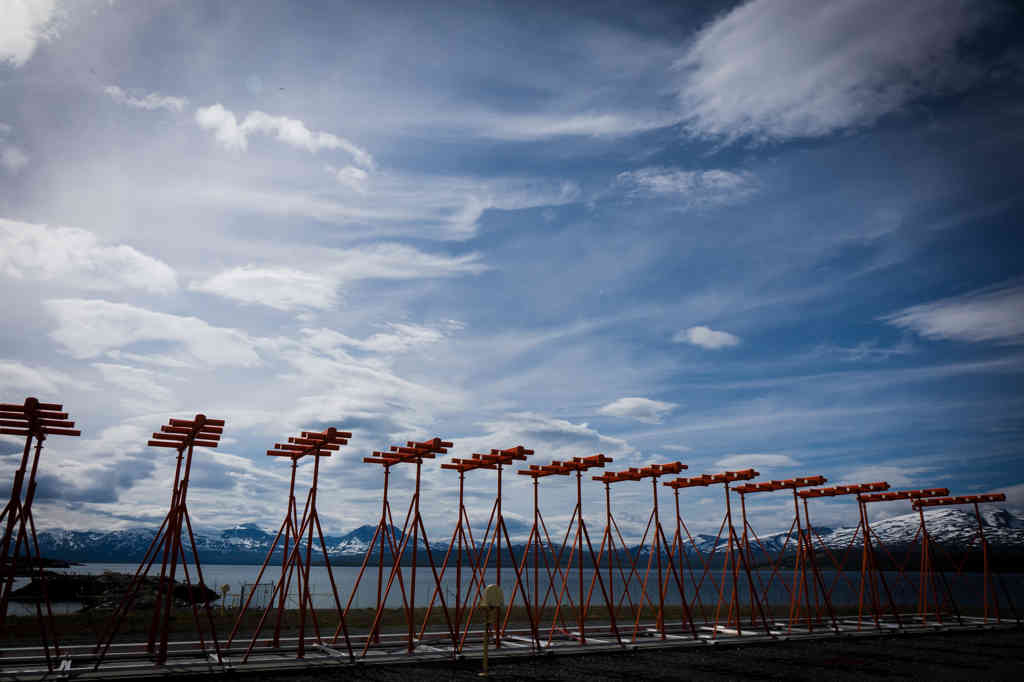Airspace
Increased airspace efficiency
Airspace efficiency improvements is high on Avinor’s strategic agenda. Avinor can make a big difference by prioritising measures at the interface between multiple stakeholders through coordination and co-operation. There is great potential here to reduce fuel consumption and thus greenhouse gas emissions.
Avinor, the airlines and the Norwegian Civil Aviation Authority are continuously working on measures in the airspace that reduce aircraft fuel consumption and greenhouse gas emissions. Arrival and departures are optimised and designed to enable continuous climbs and descents. In 2022, Oslo Airport, Gardermoen also saw the best results in a survey on Continuous Descend Operations (CDO), based on data from Eurocontrol. For many years, Norway’s main airport has engaged wholeheartedly in efficient air traffic management. Electronic aids for air traffic management and information sharing (Collaborative Decision Management, CDM) are important tools, which are still under development.
Curved approaches
The transition from ground-based navigation to the use of satellites (Performance Based Navigation – PBN) gives shorter and more direct route as well as more energy-efficient approaches and takeoffs. In 2022, Avinor decided that all of its airports should implement curved approaches (RNP-AR), initially at airports with
long runways over the period up to 2028. This will lead to a significant reduction in fuel consumption and greenhouse gas emissions. Curved approaches have been in use at OSL for a number of years. The proportion of these in 2022 was between 5 and 14% a month, averaging out at 9%. The target is 15%.
Norway, Sweden, Denmark, Finland, Latvia and the UK (a majority of air navigation services organisations in the Borealis alliance) have introduced Free Route Airspace (FRA). This is an approach to organising airspace that means airlines no longer follow predefined routes, but can choose the most optimal route. This opens the way
for potential reductions in fuel consumption and greenhouse gas emissions.
International cooperation
Avinor works on airspace efficiency improvements internationally with the interest organisations ACI and CANSO through the Borealis alliance and with Eurocontrol.

